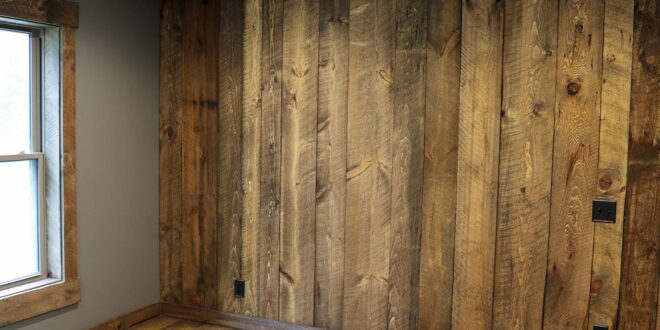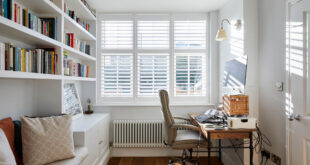Wood On Wall Ideas: A Timeless Trend with Endless Possibilities
Wood on walls isn’t just a trend; it’s a statement. It’s a way to infuse warmth, texture, and character into any room. Whether you’re aiming for a rustic farmhouse feel, a modern minimalist aesthetic, or something completely unique, incorporating wood on your walls offers a wealth of creative possibilities. From reclaimed wood paneling to intricate geometric designs, the options are as diverse as your imagination. Forget bland, forget boring – it’s time to explore the world of wood wall décor!
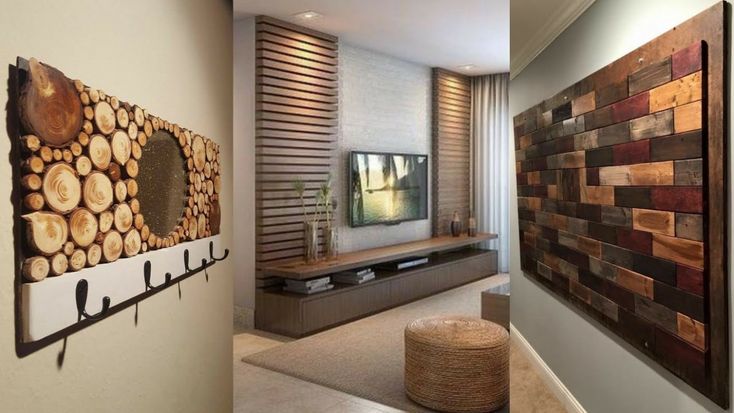
This comprehensive guide will delve into a myriad of wood on wall ideas, offering inspiration, practical tips, and expert advice to help you transform your living space. We’ll cover everything from selecting the right type of wood to installation techniques and design considerations, ensuring you can achieve the perfect look for your home.
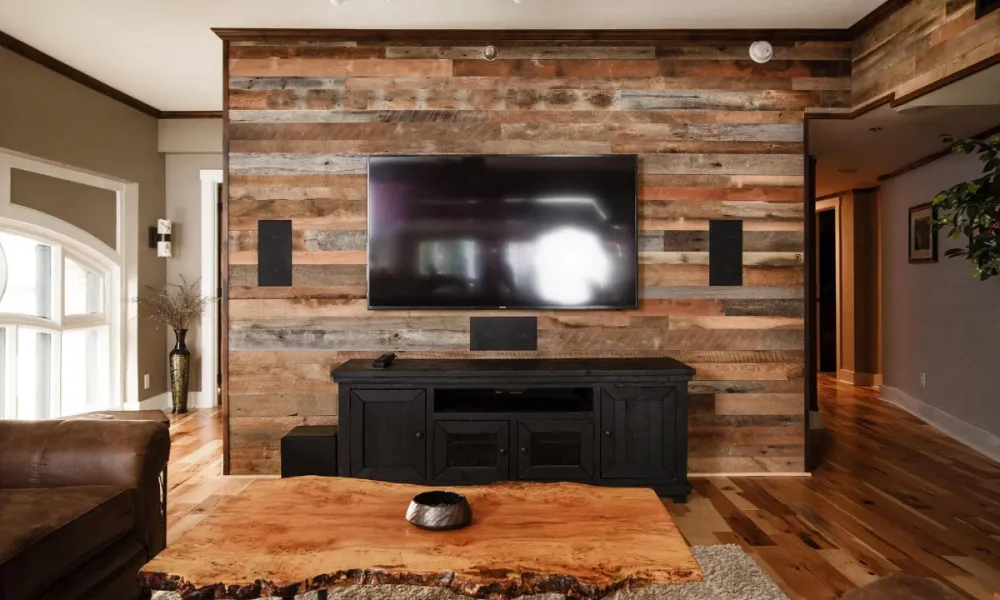
Why Choose Wood Walls? The Allure and Advantages
Before we dive into the specific ideas, let’s consider why wood walls are such a popular and enduring design choice.
Aesthetic Appeal: Warmth, Texture, and Character
Perhaps the most obvious advantage of wood walls is their undeniable aesthetic appeal. Wood brings a natural warmth and organic texture that’s hard to replicate with other materials. The variations in grain, color, and even imperfections add character and depth, creating a visually interesting and inviting space. Compared to the cold, sterile feel of painted drywall, wood offers a comforting and grounding element that can significantly enhance the overall ambiance of a room.
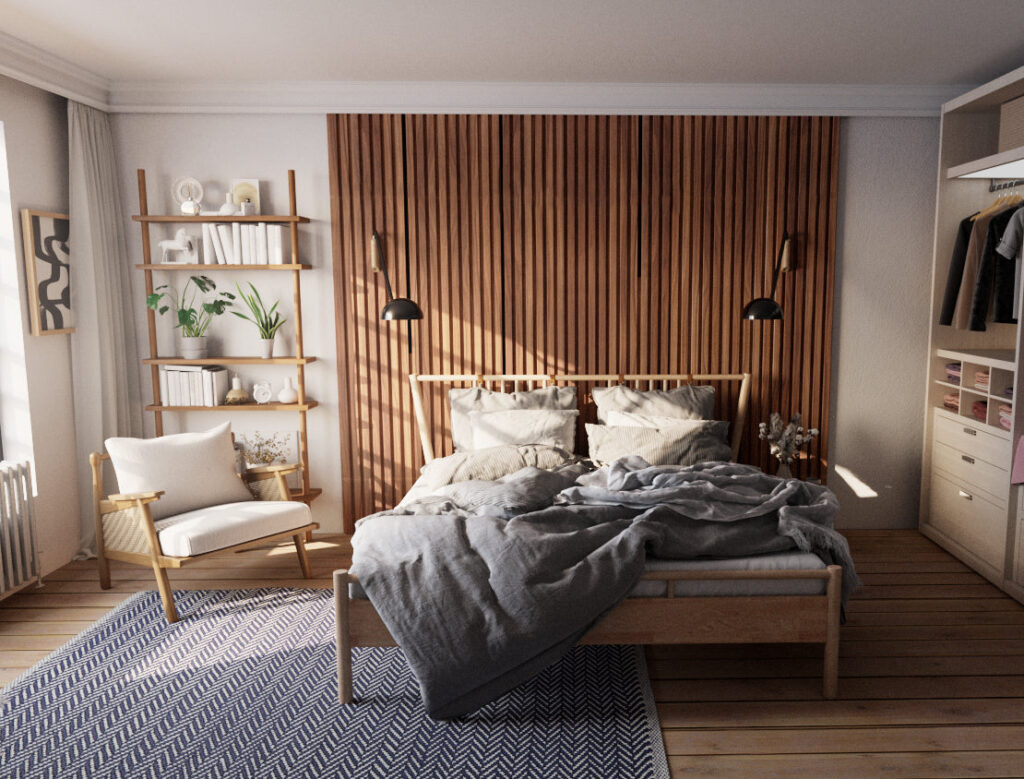
Versatility: Adapting to Any Style
One of the greatest strengths of wood walls is their versatility. They can seamlessly adapt to a wide range of interior design styles. Rustic farmhouse? Reclaimed wood planks are your answer. Modern minimalist? Sleek, light-colored wood panels will do the trick. Eclectic and bohemian? Try a mix of different wood types and textures. Whether you’re drawn to traditional elegance or contemporary chic, wood can be tailored to suit your personal taste and complement your existing décor.
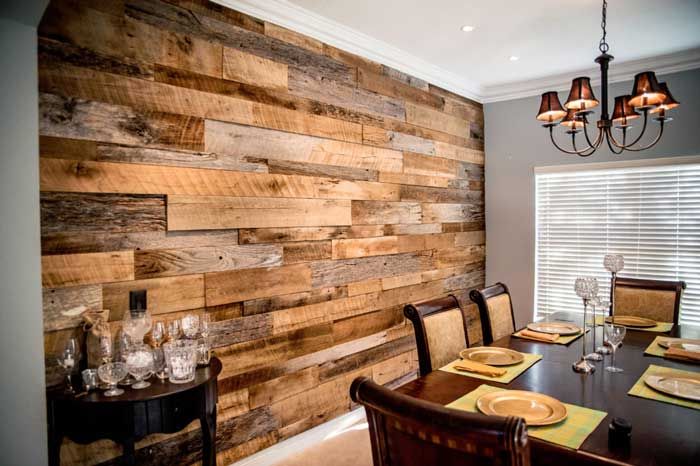
Durability and Longevity: An Investment in Your Home
While aesthetics are important, wood walls also offer practical benefits. Wood is a durable and long-lasting material that can withstand the wear and tear of daily life. Unlike paint, which can chip and fade over time, wood develops a beautiful patina as it ages, adding to its character and charm. A well-maintained wood wall can last for decades, making it a worthwhile investment in your home.
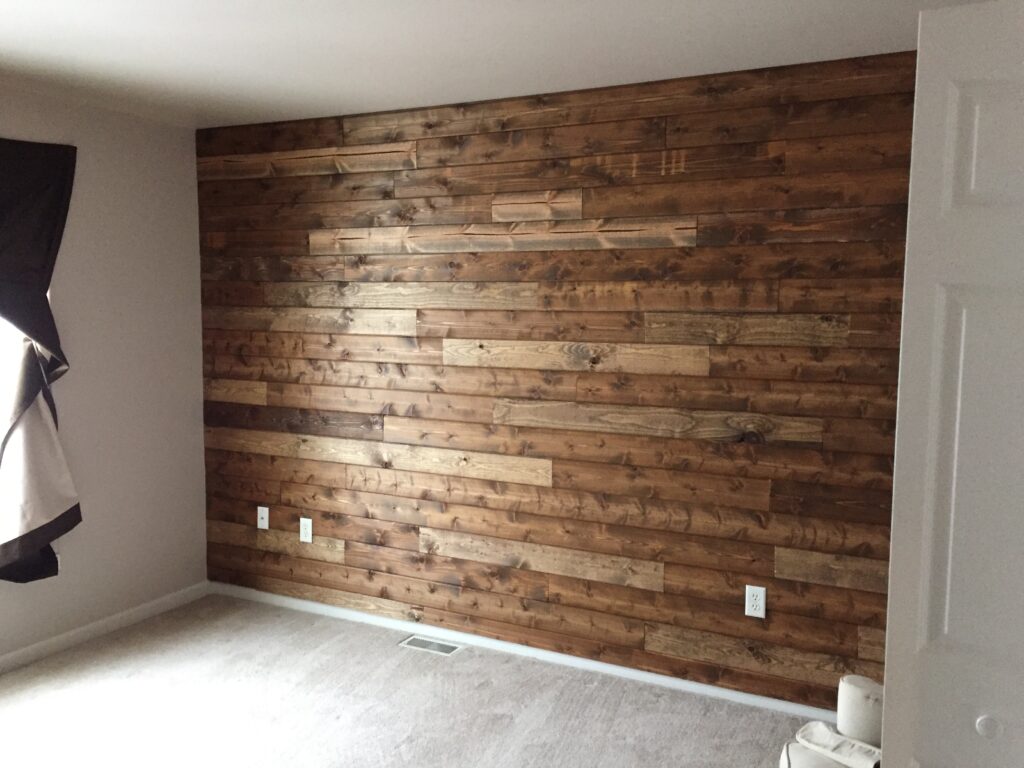
Acoustic Properties: Sound Dampening and Noise Reduction
Another often overlooked benefit of wood walls is their acoustic properties. Wood is a natural sound dampener, absorbing sound waves and reducing echoes. This can be particularly beneficial in large, open spaces or rooms with hard surfaces, such as tile or concrete. By adding wood to your walls, you can create a more comfortable and peaceful environment.
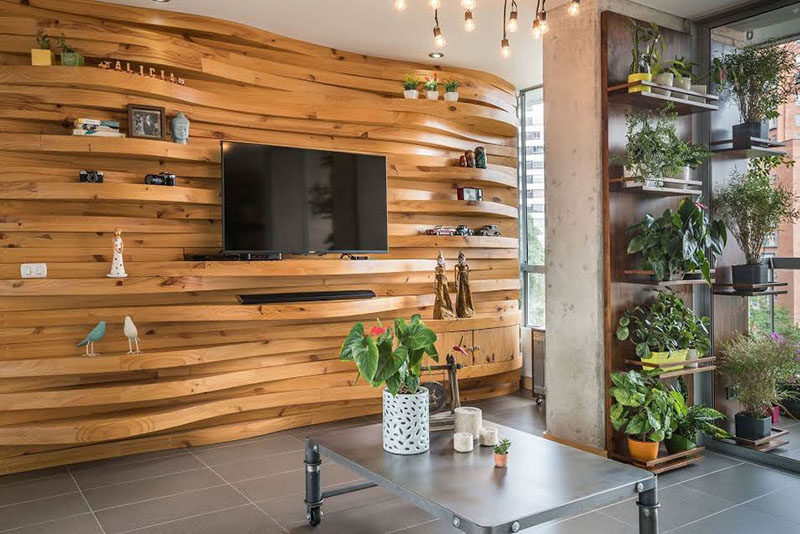
Increased Home Value: A Desirable Feature for Buyers
Finally, adding wood to your walls can increase the value of your home. Wood is a desirable feature for many homebuyers, who appreciate its aesthetic appeal, durability, and timelessness. A well-designed and professionally installed wood wall can be a significant selling point, helping your home stand out from the competition.
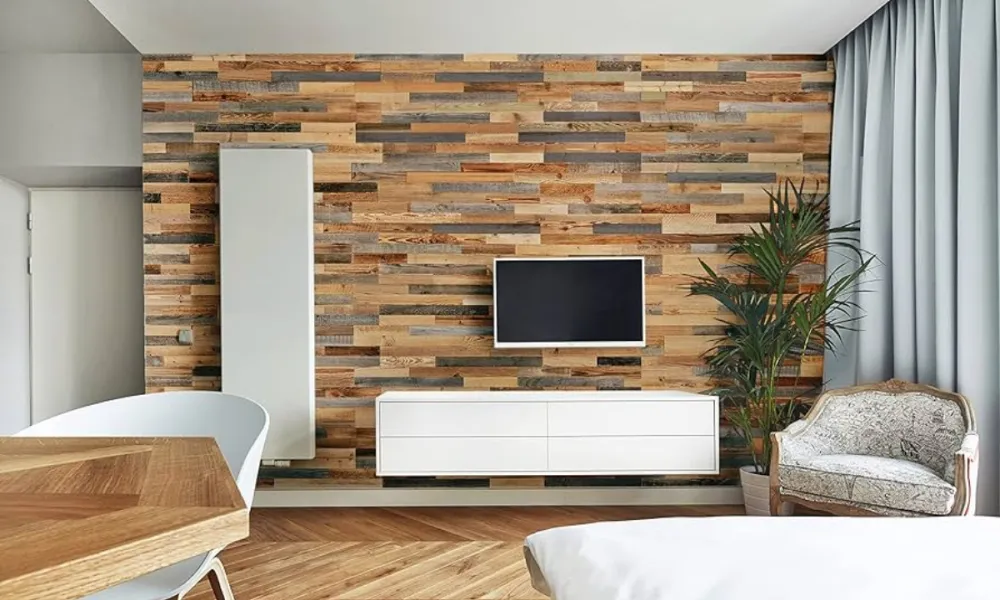
Types of Wood for Walls: Choosing the Right Material
The type of wood you choose for your walls will have a significant impact on the overall look and feel of your space. Here are some popular options to consider:
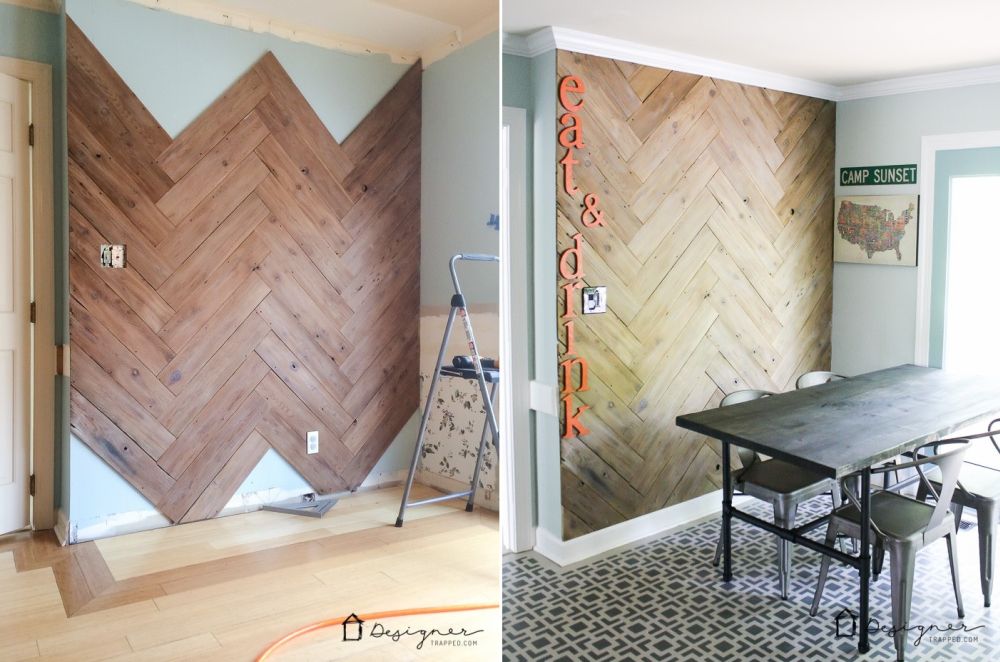
Reclaimed Wood: Rustic Charm and Eco-Friendliness
Reclaimed wood is salvaged from old barns, factories, and other structures. It’s a sustainable and eco-friendly option that adds a unique rustic charm to any room. Reclaimed wood often features weathered textures, nail holes, and other imperfections that tell a story and add character. It’s perfect for creating a farmhouse, industrial, or bohemian-inspired aesthetic.
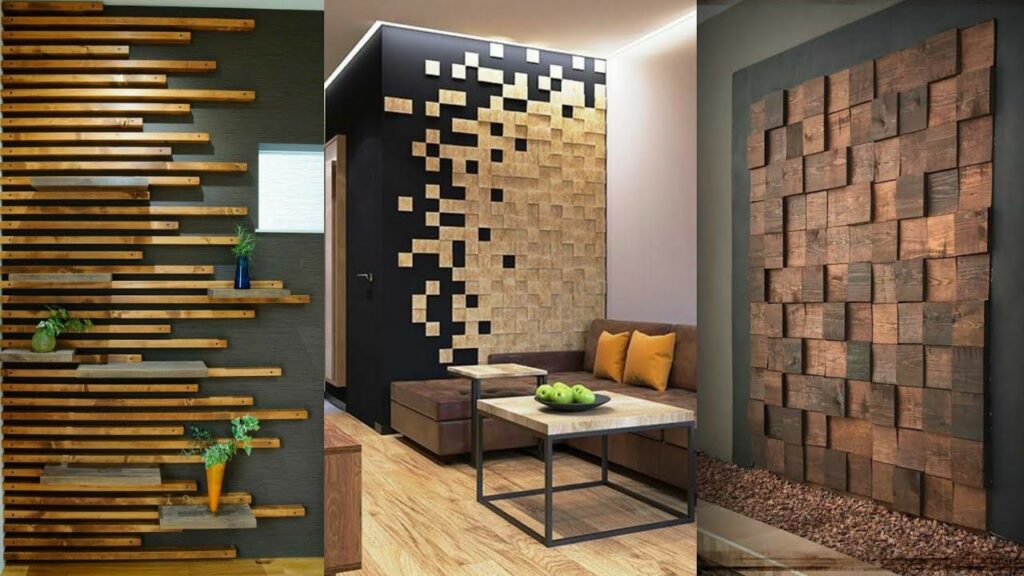
Wood Paneling: Classic Elegance and Timeless Appeal
Wood paneling is a classic choice that has been used for centuries. It typically consists of thin sheets of wood veneer that are attached to a solid core. Wood paneling comes in a variety of styles, from traditional raised panel designs to sleek, modern flat panels. It’s a versatile option that can be used in any room, from living rooms to bedrooms to home offices.
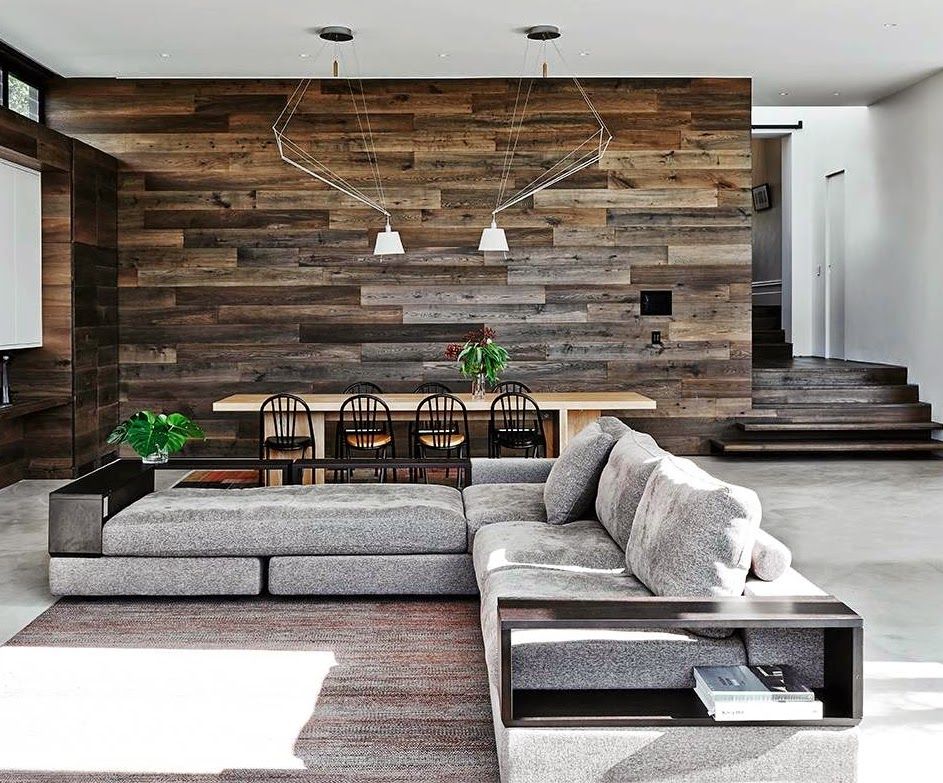
Shiplap: Coastal Vibes and Modern Farmhouse Style
Shiplap is a type of wood paneling that features interlocking boards. It’s characterized by its distinctive grooves and gaps, which create a visually interesting texture. Shiplap is particularly popular in coastal and modern farmhouse designs. It can be painted or stained to match your décor.
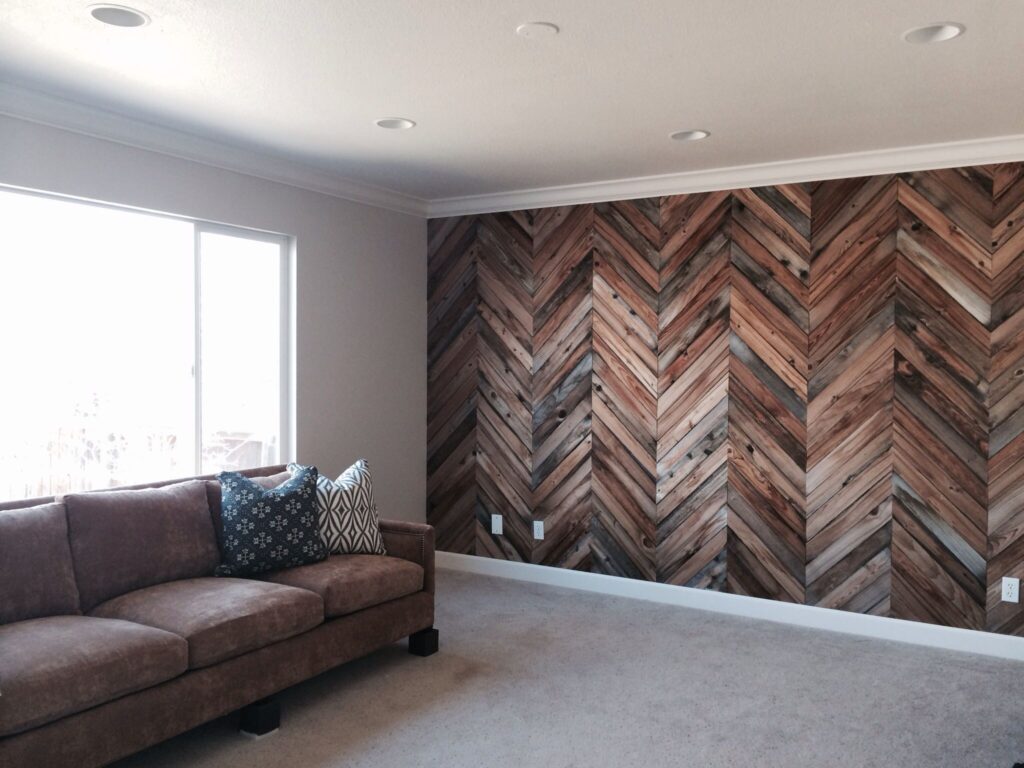
Wood Planks: Versatile and Easy to Install
Wood planks are individual pieces of wood that can be arranged in a variety of patterns. They are a versatile and easy-to-install option that can be used to create a wide range of looks, from rustic to modern. Wood planks can be attached to the wall with nails, screws, or adhesive.
Plywood: Budget-Friendly and Customizable
Plywood is a budget-friendly option that can be customized to create a variety of looks. It consists of thin layers of wood veneer that are glued together. Plywood can be painted, stained, or covered with fabric or wallpaper. It’s a good choice for DIY projects and budget-conscious homeowners.
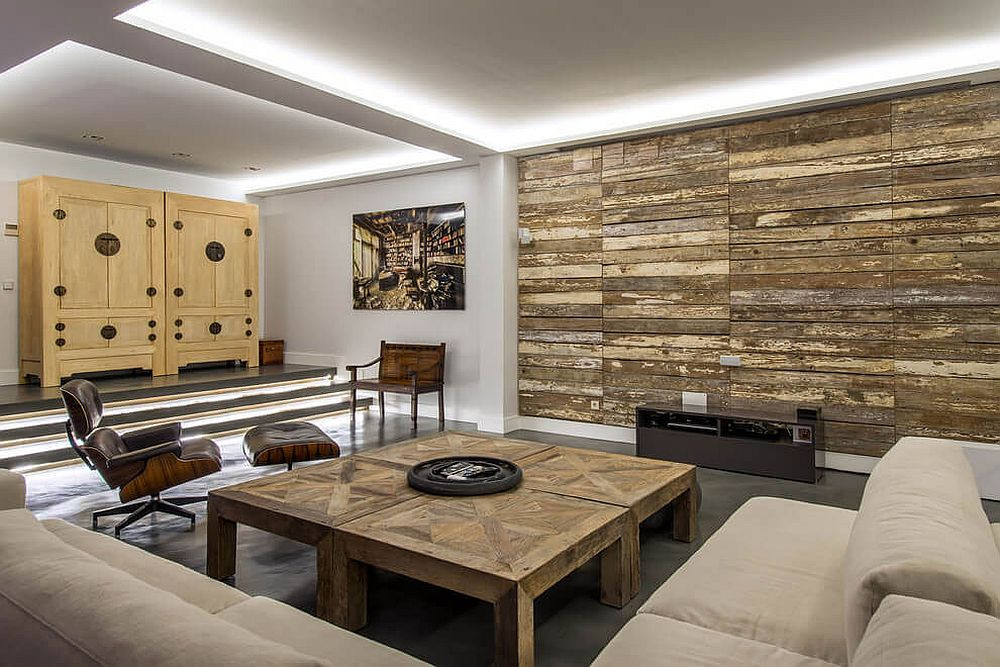
Solid Wood: Premium Quality and Natural Beauty
Solid wood is the most expensive option, but it offers the highest quality and natural beauty. Solid wood planks are made from a single piece of wood, showcasing the natural grain and character of the wood. They are durable, long-lasting, and add a touch of luxury to any room.
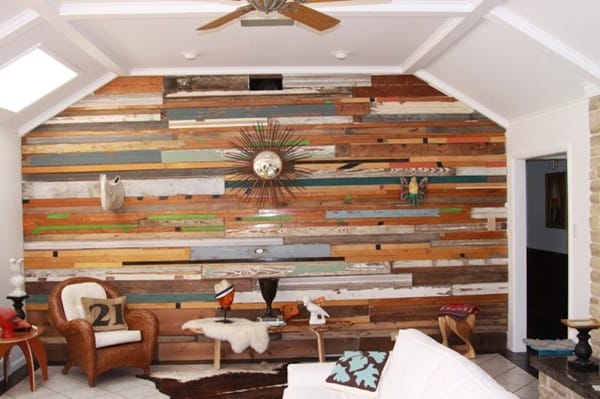
Inspiring Wood On Wall Ideas: From Accent Walls to Full Room Transformations
Now that we’ve covered the basics, let’s explore some inspiring wood on wall ideas:
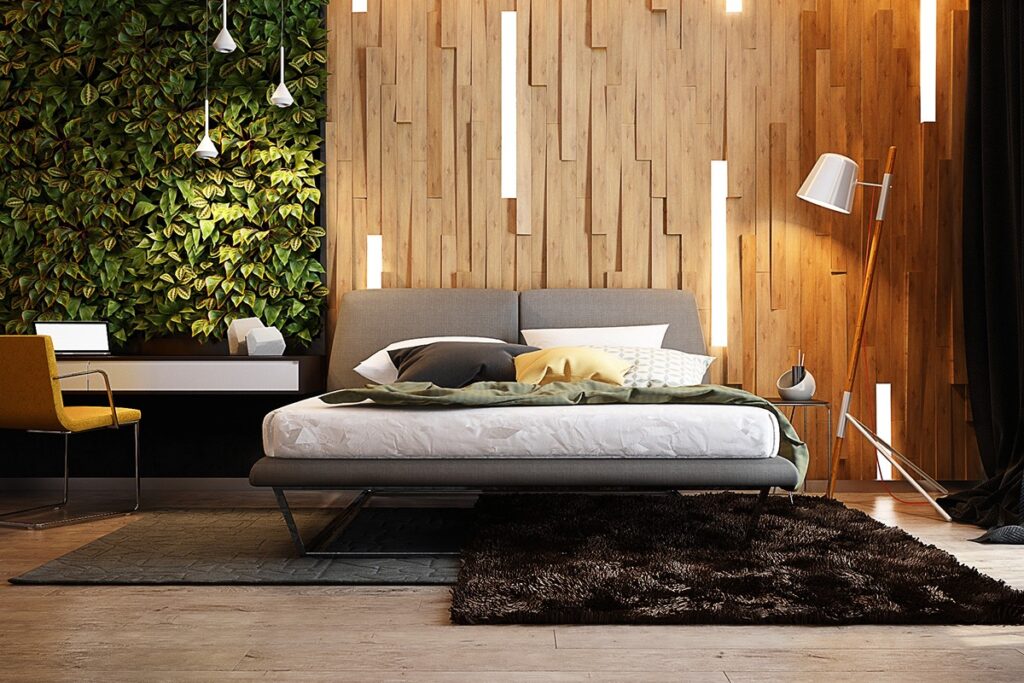
Reclaimed Wood Accent Wall: A Touch of Rustic Charm
A reclaimed wood accent wall is a surefire way to add rustic charm to any room. The weathered textures and imperfections of the wood create a visually interesting focal point. This works exceptionally well in living rooms, bedrooms, or even home offices. Consider using different shades and textures of reclaimed wood for added depth and dimension.
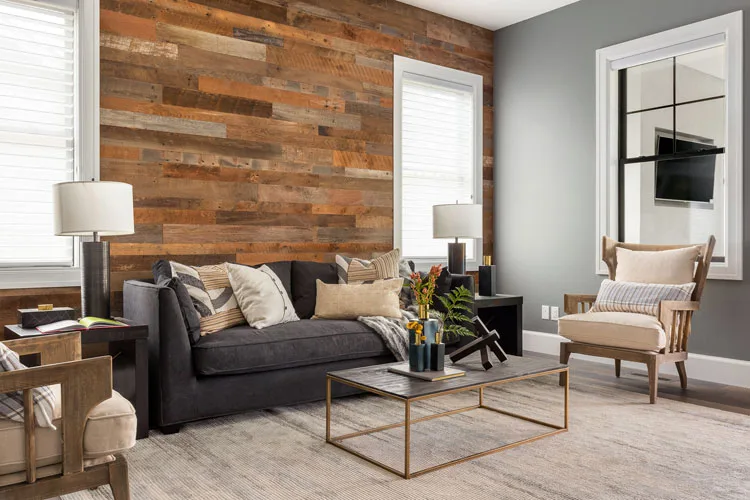
Geometric Wood Wall: Modern and Artistic
For a modern and artistic look, consider creating a geometric wood wall. This involves arranging wood planks in a pattern of triangles, squares, or other geometric shapes. A geometric wood wall can be painted or stained to create a bold and eye-catching statement.
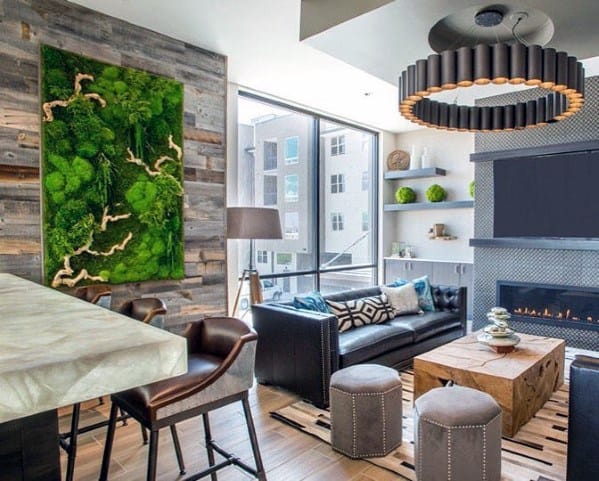
Shiplap Wall: Coastal or Farmhouse Chic
A shiplap wall is a classic choice for coastal or farmhouse-inspired designs. The interlocking boards create a clean and simple look that’s both timeless and versatile. Shiplap can be painted white for a bright and airy feel, or stained a natural wood tone for a more rustic look.
Headboard Wall: A Statement Piece for Your Bedroom
Extend your headboard to create a stunning wood wall behind your bed. This can be done with reclaimed wood, wood planks, or even wood paneling. A headboard wall adds depth and texture to your bedroom, creating a cozy and inviting space.

Wood Paneling in the Dining Room: Formal Elegance
Wood paneling can add a touch of formal elegance to your dining room. Choose a classic raised panel design for a traditional look, or opt for sleek, modern flat panels for a more contemporary feel. Consider painting the paneling a sophisticated color, such as navy blue or charcoal gray.
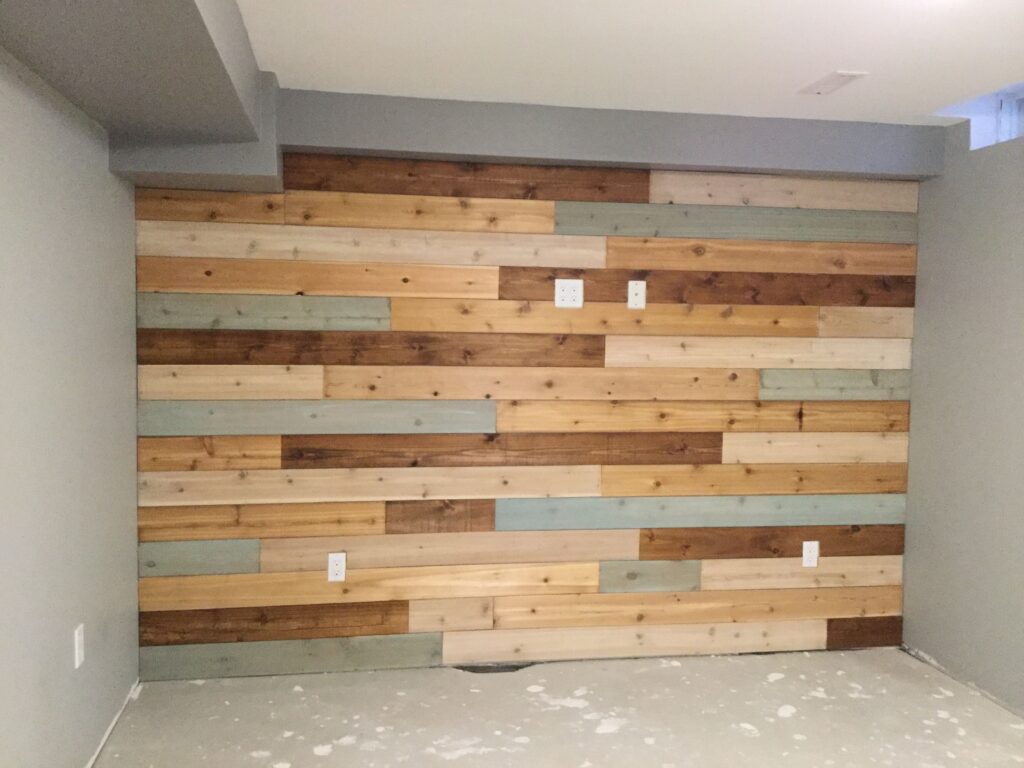
Wood Accent Wall Behind the TV: Hide the Wires
A wood accent wall behind your TV can serve both aesthetic and functional purposes. Not only does it add visual interest to the room, but it can also help to hide unsightly wires and cables. Choose a wood that complements your TV stand and other furniture.
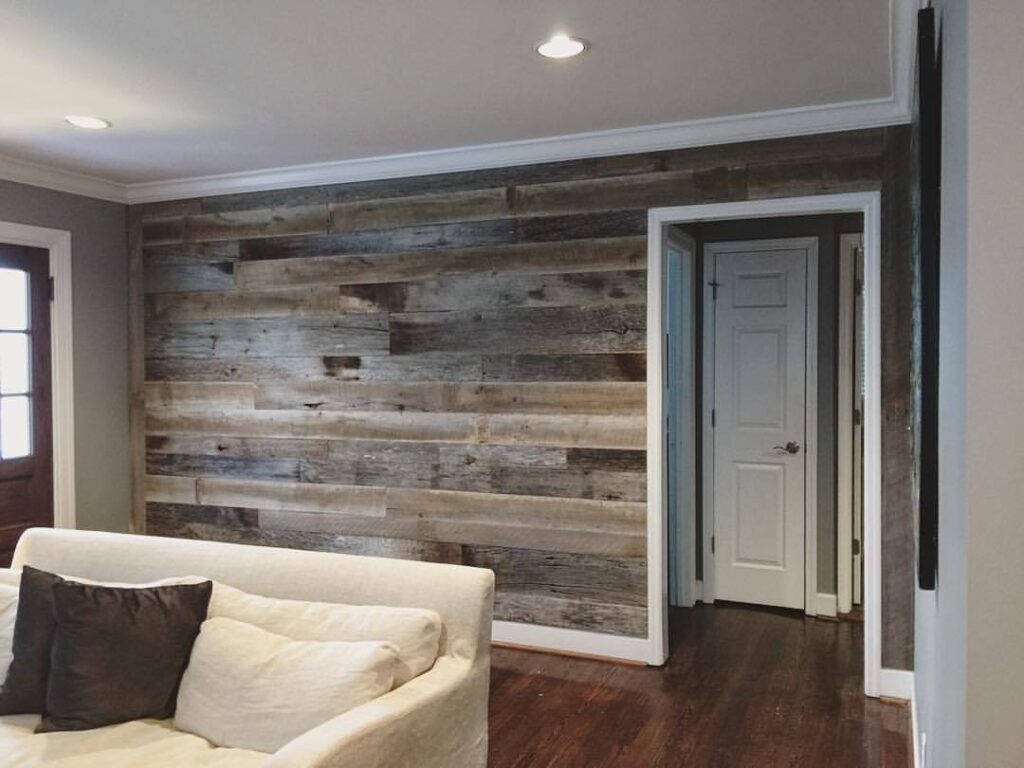
Stained Wood Walls: Showcase the Natural Grain
Staining wood walls allows you to showcase the natural grain and beauty of the wood. Choose a stain color that complements your existing décor. Lighter stains will create a bright and airy feel, while darker stains will add warmth and drama.
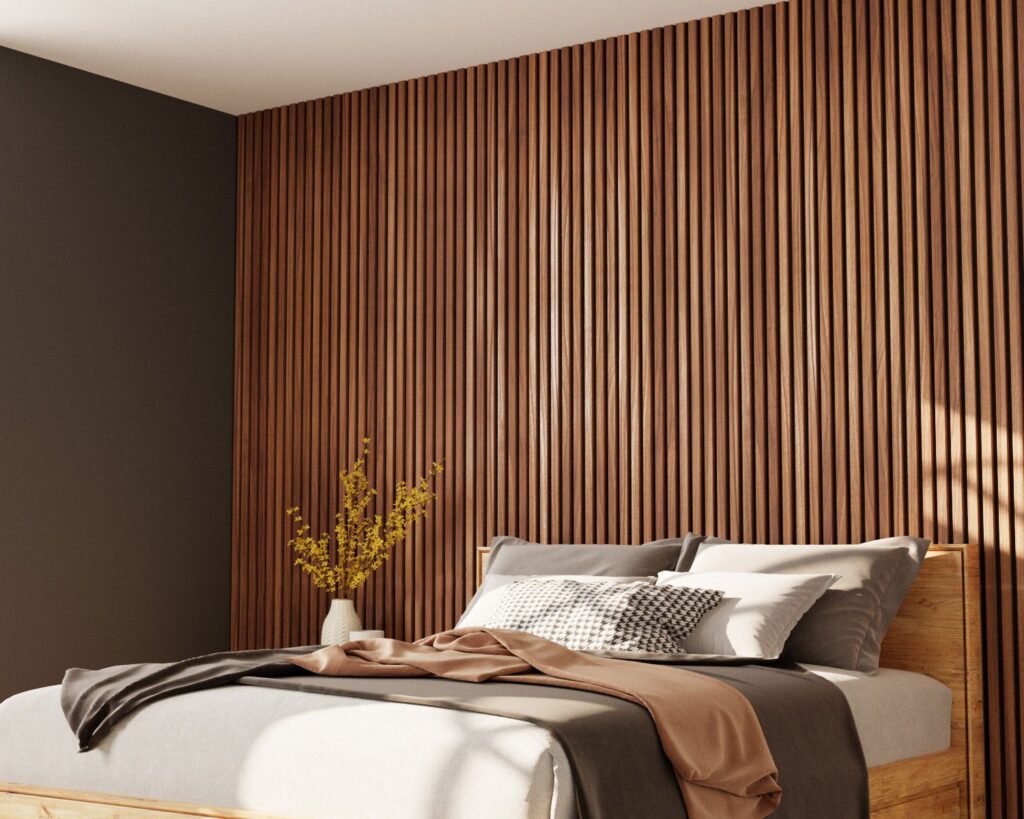
Painted Wood Walls: A Pop of Color
Painting wood walls allows you to add a pop of color to your space. Choose a paint color that complements your existing décor. Consider using a semi-gloss or high-gloss finish for added durability and shine.
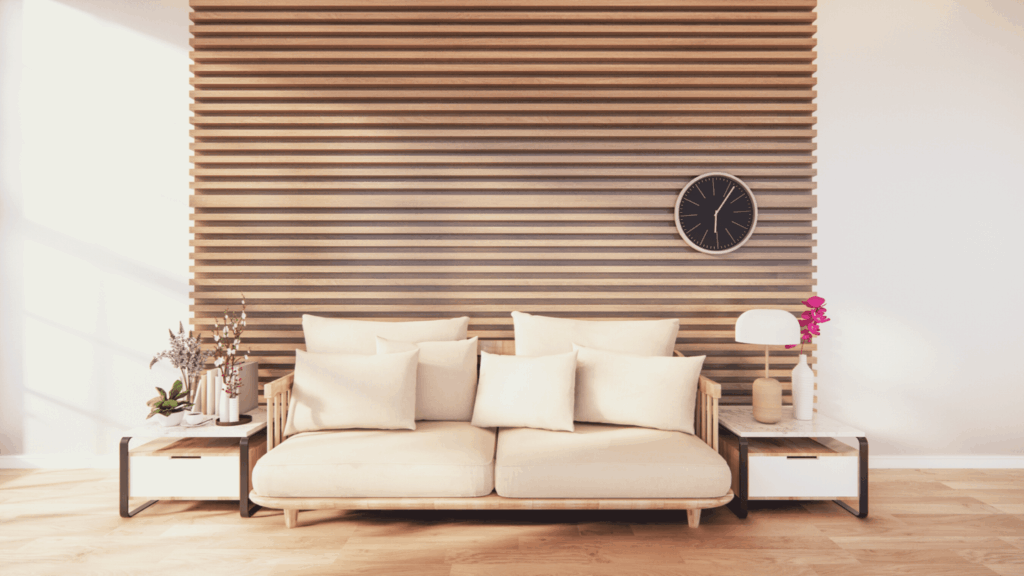
Vertical Wood Paneling: Create Height and Elegance
Vertical wood paneling can create the illusion of height in a room. This works particularly well in rooms with low ceilings. The vertical lines draw the eye upward, making the room feel taller and more spacious.
Horizontal Wood Paneling: Create Width and Depth
Horizontal wood paneling can create the illusion of width in a room. This works particularly well in narrow rooms. The horizontal lines draw the eye across the room, making it feel wider and more spacious.
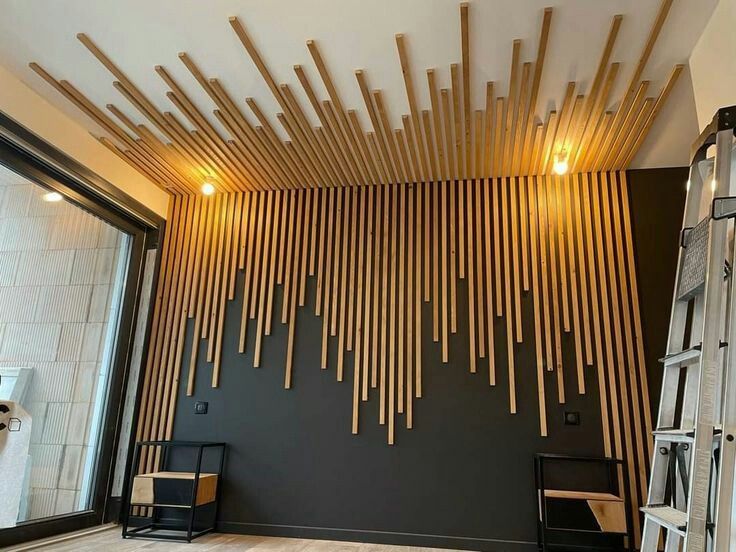
Herringbone Pattern Wood Wall: A Touch of Sophistication
A herringbone pattern wood wall adds a touch of sophistication to any room. This involves arranging wood planks in a classic herringbone pattern. It’s a more challenging installation, but the results are well worth the effort.
Live Edge Wood Wall: Natural and Organic
A live edge wood wall features wood planks with their natural, un-milled edges. This creates a natural and organic look that’s perfect for creating a connection to nature.
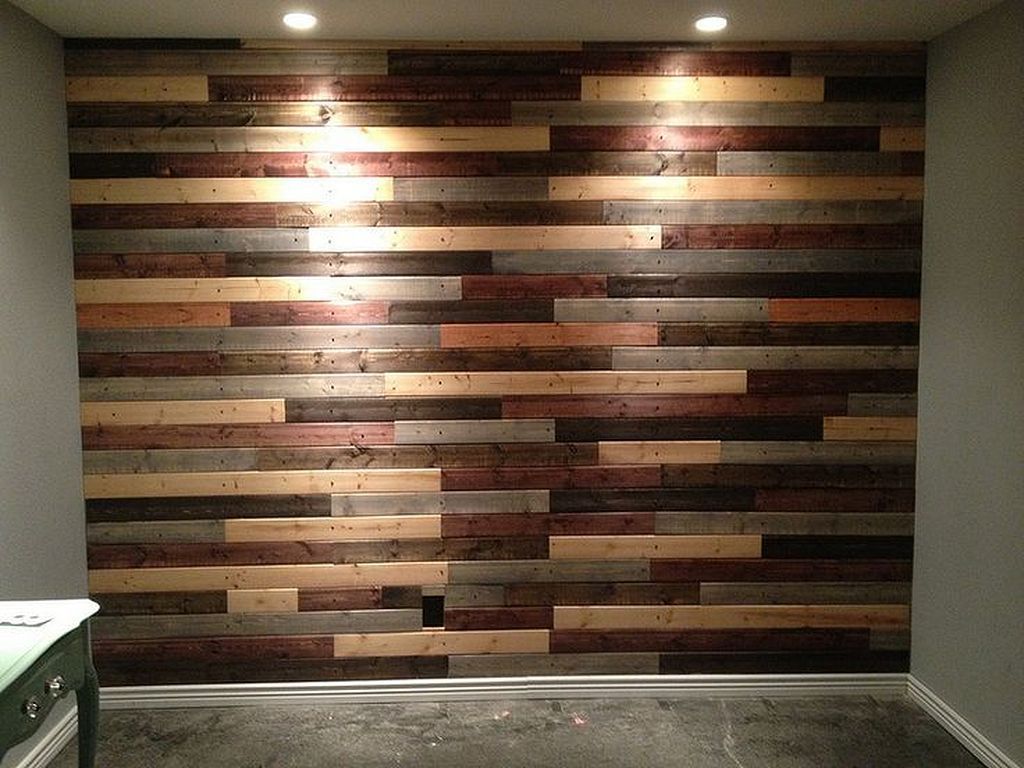
Wood Slat Wall: Modern and Minimalist
Wood slat walls, made from thin, evenly spaced pieces of wood, create a modern and minimalist look. Often used as acoustic panels, they offer both style and functionality. This design is ideal for home offices, living rooms, or media rooms where sound control is desired.
DIY Wood Wall Installation: A Step-by-Step Guide
Installing a wood wall can be a rewarding DIY project. Here’s a step-by-step guide to help you get started:
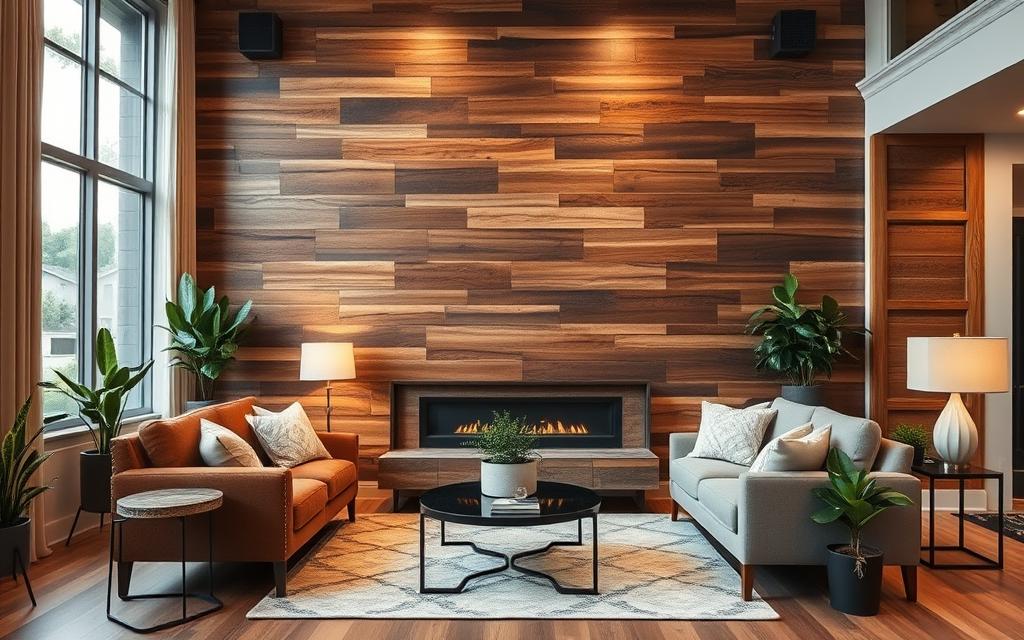
Step 1: Preparation is Key
Before you begin, gather all the necessary tools and materials. This includes:
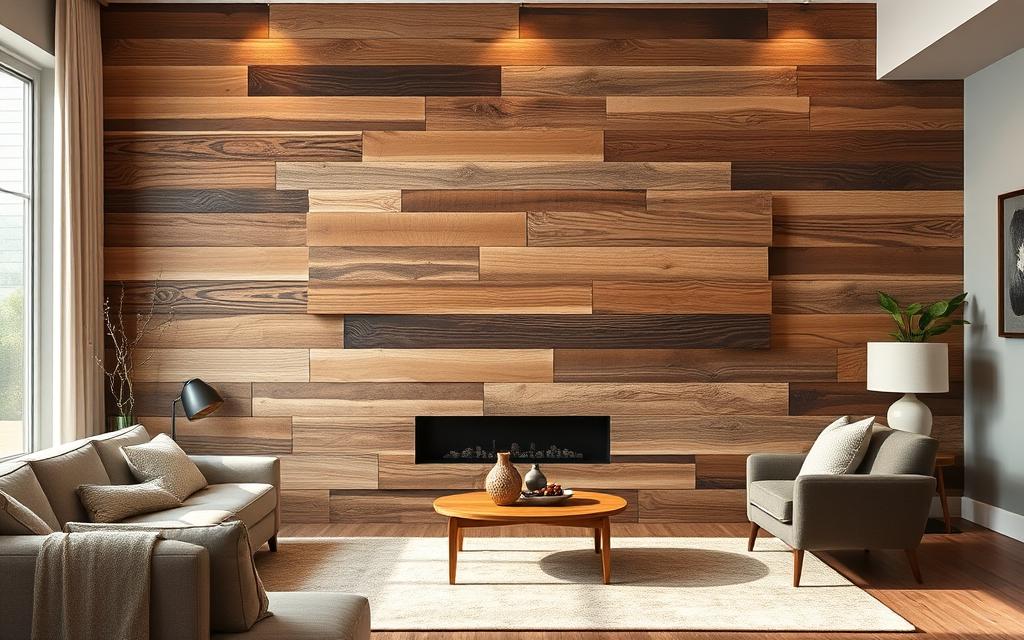
- Wood of your choice
- Measuring tape
- Level
- Pencil
- Saw (circular saw or miter saw)
- Nail gun or screws and drill
- Construction adhesive
- Safety glasses
- Ear protection
Prepare the wall by cleaning it and ensuring it’s smooth and even. Remove any existing wallpaper or paint that may interfere with the installation. It’s important to start with a clean surface to ensure proper adhesion.
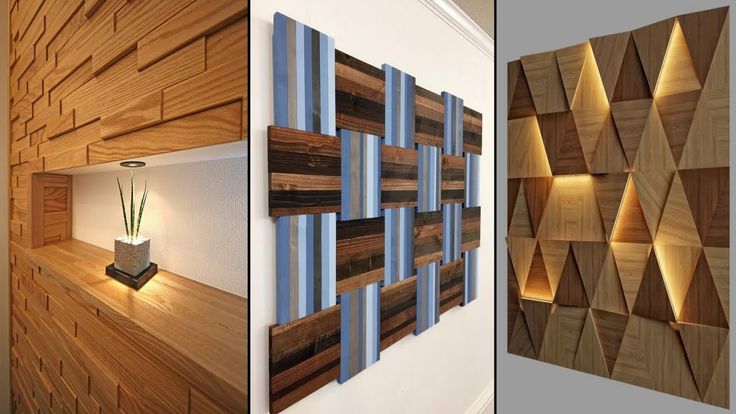
Step 2: Measure and Plan
Carefully measure the wall and plan your layout. Decide on the pattern you want to create and calculate how many wood planks you’ll need. It’s always a good idea to order a few extra planks to account for mistakes or waste. Sketch out your design on paper to visualize the final result.
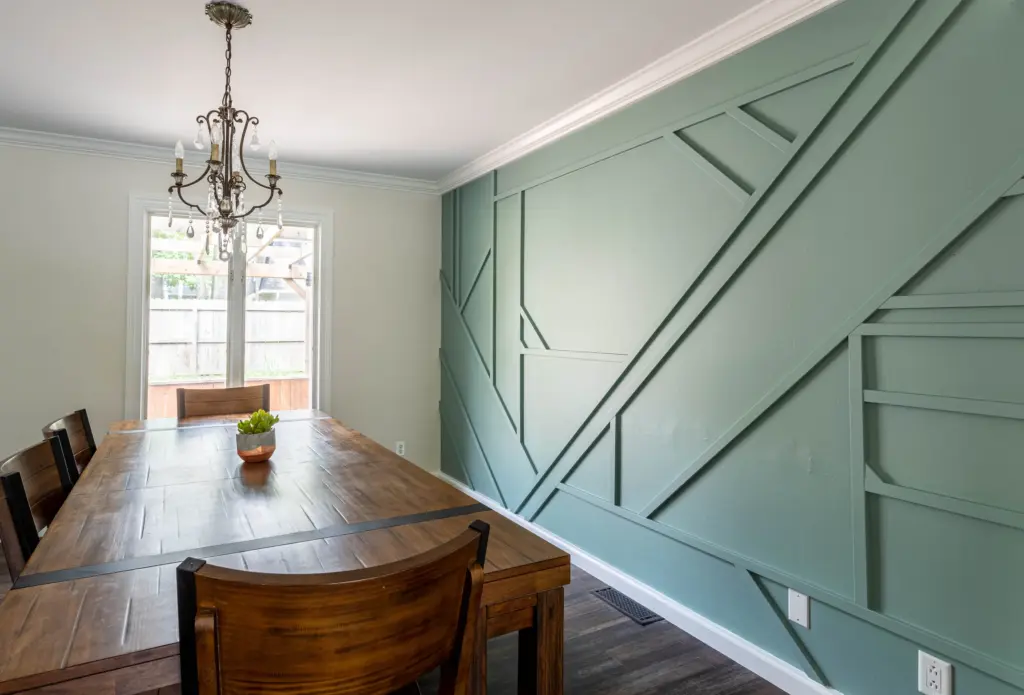
Step 3: Cutting the Wood
Using a saw, cut the wood planks to the desired length. Make sure to wear safety glasses and ear protection during this step. If you’re creating a pattern, such as a herringbone or geometric design, you’ll need to make precise cuts. Take your time and double-check your measurements before cutting.
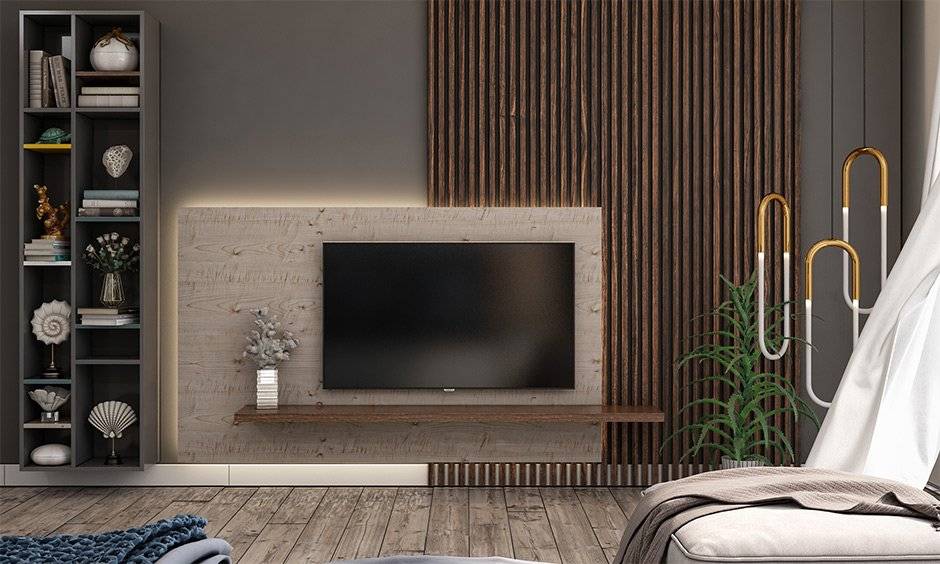
Step 4: Installation
Apply construction adhesive to the back of each wood plank and press it firmly against the wall. Use a nail gun or screws and drill to secure the planks in place. Make sure the planks are level and evenly spaced. Use a level to check your work frequently.
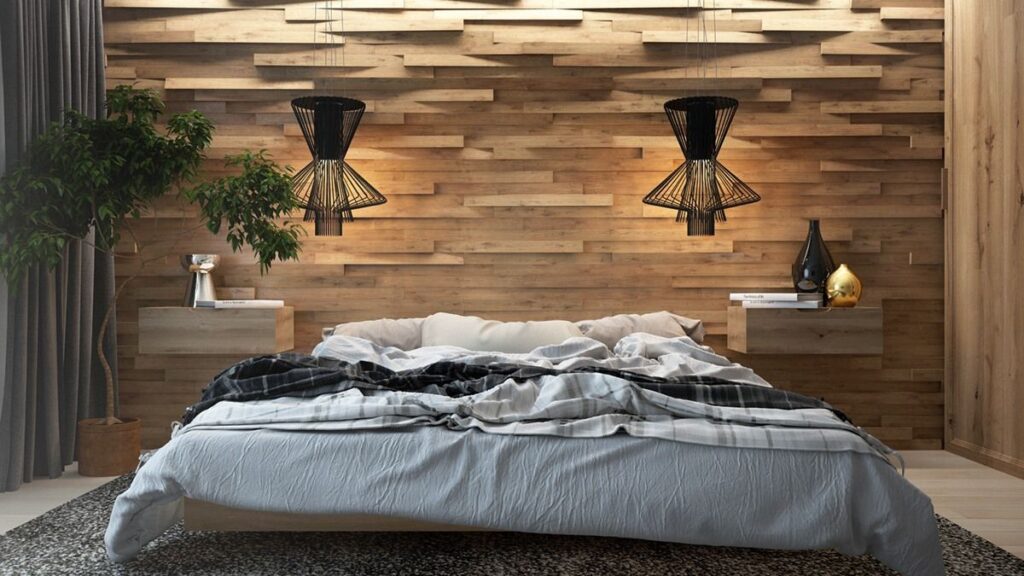
Step 5: Finishing Touches
Once all the wood planks are installed, fill any nail holes or gaps with wood filler. Sand the surface smooth and apply a finish of your choice, such as stain, paint, or sealant. Allow the finish to dry completely before enjoying your new wood wall.
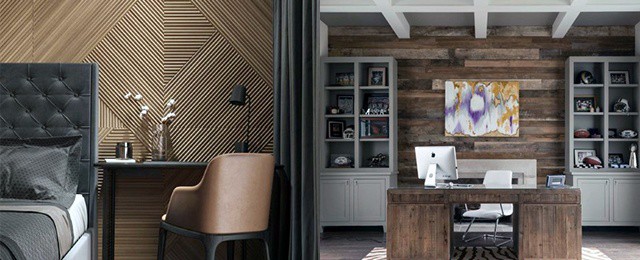
Hiring a Professional: When to Call in the Experts
While DIY wood wall installation is possible, there are times when it’s best to hire a professional. If you’re working with complex patterns, heavy materials, or have limited DIY experience, a professional installer can ensure a flawless result. They have the expertise and tools to handle challenging installations and can save you time and frustration. Also, if structural changes are needed to the wall before installing the wood, it’s best to hire a professional.
Wood Wall Maintenance: Keeping Your Walls Looking Beautiful
To keep your wood walls looking their best, regular maintenance is essential. Dust the walls regularly with a soft cloth or vacuum with a brush attachment. For tougher stains, use a mild soap and water solution. Avoid using harsh chemicals or abrasive cleaners, as they can damage the wood finish. If your wood walls are exposed to direct sunlight, consider using a UV-protectant sealant to prevent fading. Regular cleaning and maintenance will help to preserve the beauty and longevity of your wood walls.
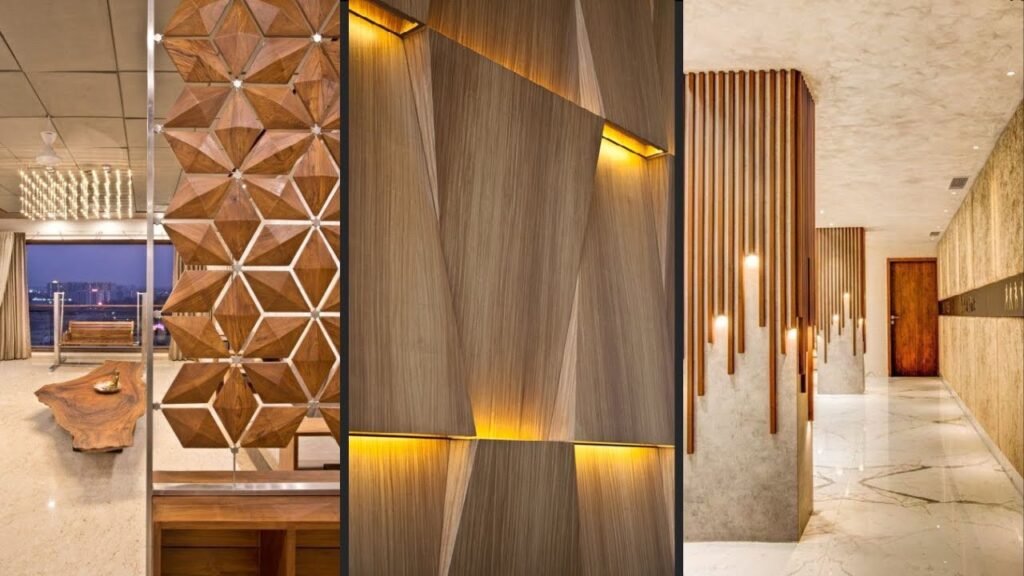
Cost Considerations: Budgeting for Your Wood Wall Project
The cost of a wood wall project can vary depending on several factors, including the type of wood, the size of the wall, and whether you hire a professional installer. Reclaimed wood is typically more expensive than plywood, while solid wood is the most expensive option. DIY installation will save you money on labor costs, but you’ll need to factor in the cost of tools and materials. Get multiple quotes from different suppliers and installers to compare prices and find the best deal. Set a budget for your project and stick to it as closely as possible.
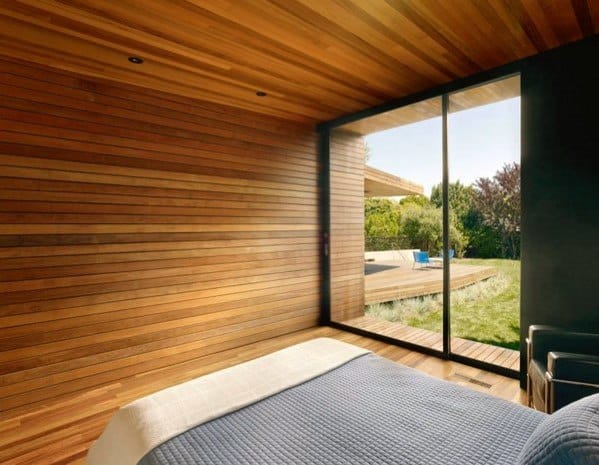
Conclusion: Transforming Your Space with Wood Walls
Wood on walls offers a timeless and versatile way to transform your living space. Whether you’re aiming for rustic charm, modern elegance, or something completely unique, there’s a wood wall idea to suit your style and budget. From reclaimed wood accent walls to geometric wood designs, the possibilities are endless. With careful planning, proper installation, and regular maintenance, you can create a stunning wood wall that will add warmth, character, and value to your home for years to come. So, go ahead and embrace the beauty of wood – your walls will thank you!
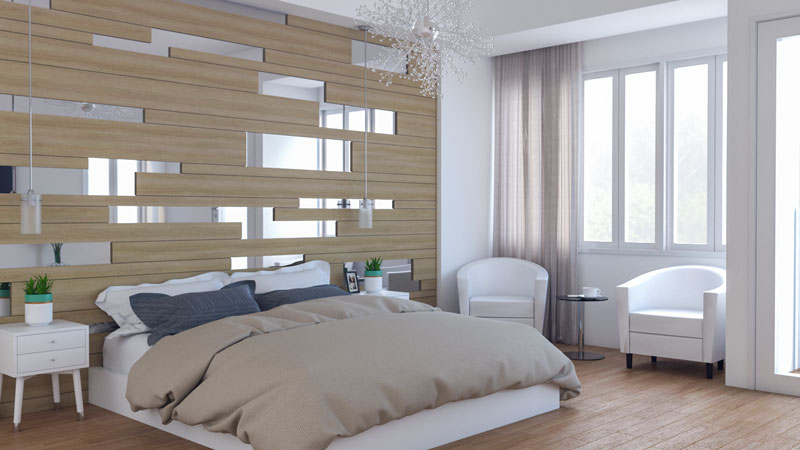
 Nimila
Nimila
